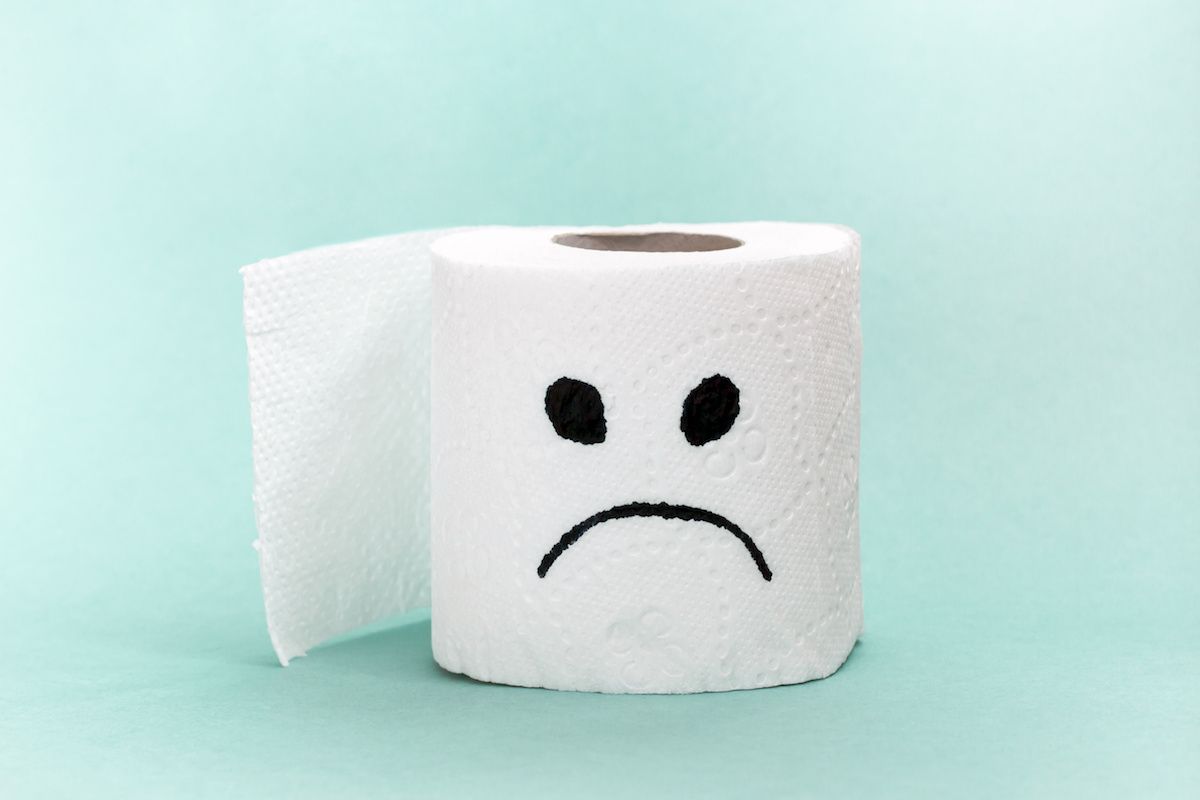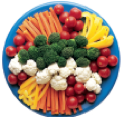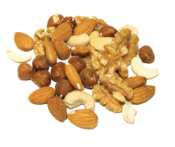Constipation affects about half of all people with cancer. There are two ways to describe the condition: Having hard, dry stool that is hard to pass or going to the bathroom less often than what is normal for you. No matter how you describe it, the symptoms can be distressing and include bloating, cramping, belly pain, gas, loss of appetite, no bowel movements for two or more days, straining to go, feeling pressure in your rectum, nausea, or anal leakage that looks like diarrhea. (The leakage may be due to fluid moving around an impaction, a large amount of stool stuck in the colon or rectum.)
What causes constipation in cancer patients?
Normally, the food you eat moves from the stomach to the large intestine (colon), where excess water is absorbed, and the rest of the waste then leaves the body. Constipation occurs when the colon takes out too much water, because stool moves through the colon too slowly, or because the colon absorbs water faster than normal.
Constipation can have many causes. For cancer patients, some of these may be directly related to your cancer treatment, such as certain drugs and pain relievers, or indirectly, such as changes in your diet, activity and mood. Cancer patients may experience constipation resulting from:
- Chemotherapy drugs, particularly vinca alkaloids such as vincristine (Oncovin®), vinblastine ( Velbe®) and vinorelbine (Navelbine)
- Dehydration and not drinking enough water. Your water needs increase if you are losing fluids faster than usual from episodes of vomiting or diarrhea, high fever, sweating or blood loss
- Opioid medications (narcotic pain medications)
- A diet that is low in fiber
- A diet heavy in meat and dairy products, or high in processed foods, fat or sugar
- Immobility and not enough physical activity
- Hormone imbalance that changes your metabolism, such as low thyroid hormone levels
- Electrolyte imbalances, such as too-high levels of iron, calcium or potassium
- Overuse of laxatives, such as taking high doses or using them for too long
- Colon cancer or cancer treatment that blocks the intestine, puts pressure on the nerves controlling the colon, or damages the cells lining the digestive tract
- Too much alcohol or caffeine
- Depression
Steps to prevent constipation
- Eat more fiber. Fiber draws water into the stool and softens it. Add fiber to your diet gradually to avoid gas and bloating. Increase your intake by about 5 grams a day (if OK with your doctor). Remember to increase your fluid intake while increasing your fiber intake.
- Eat and cook with foods that are natural laxatives, such as seeds, raisins, prunes, prune juice, bran, papaya, and fibrous vegetables, such as sweet potatoes, pumpkin, spinach and kale.
- Prepare for constipating drugs. For example, if you’ll be taking opioid medication, ask your doctor or nurse about a bowel routine, which is a schedule for your medications aimed at preventing constipation. Opioids cause constipation because they slow down the colon.
- Stay hydrated. Drink two to three quarts or liters of fluids per day, particularly water, to stay hydrated and keep the fiber moving through your colon. Hot drinks (cocoa, tea or even hot water with lemon) can help stimulate the colon. Try having a hot beverage and a high-fiber food at breakfast each morning.
- Increase physical activity. Even a short walk can help get your intestines moving. Always check with your doctor before starting any new activity.
Foods to help with constipation
| Breads and grains | Fruits and vegetables | Snacks |
|---|---|---|
|
|
|
Have more questions?
Our nutrition team can play an important role in your care, both before and after treatment.
Learn MoreWhat to know about laxatives
Many types of laxatives are available over the counter, and work to relieve constipation in different ways. But laxatives can interfere with other medications, so be sure to talk with your doctor about what’s best for you before using any of them. Take other medicines two hours before or after a laxative. If you're not sure whether your medicines might interact, ask your pharmacist. Do not use laxatives for more than one week unless your doctor approves it.
| Laxative Type | How it Works | Products |
|---|---|---|
|
Stool softeners |
Increase water and fat in the colon. |
|
| Stimulants | Increase the colon’s contractions and move stool through colon faster. |
|
| Bulk-forming agents or fiber supplements | Move through the colon quickly, taking stool with them. They work only if you drink a lot of water! |
|
| Osmotic preparations | Pull water into the colon. Your doctor may suggest combining an osmotic laxative with a stimulant laxative. |
|
| Lubricants | Keep water in the colon to soften stool and make them oily and easier to pass. |
|
If you are concerned about constipation, talk to your healthcare team and ask some of these questions:
- What problems should I call you about?
- What information should I keep track of and share with you? (For example, you may be asked to keep track of your bowel movements, meals that you have, and exercise that you do each day.)
- How much liquid should I drink each day?
- What steps can I take to feel better? What exercises can help me?
- Would a referral to a registered dietitian nutritionist (RDN) help me learn what foods might help?
- Should I take a medication for constipation? If so, which type?
- What medications should I avoid?



